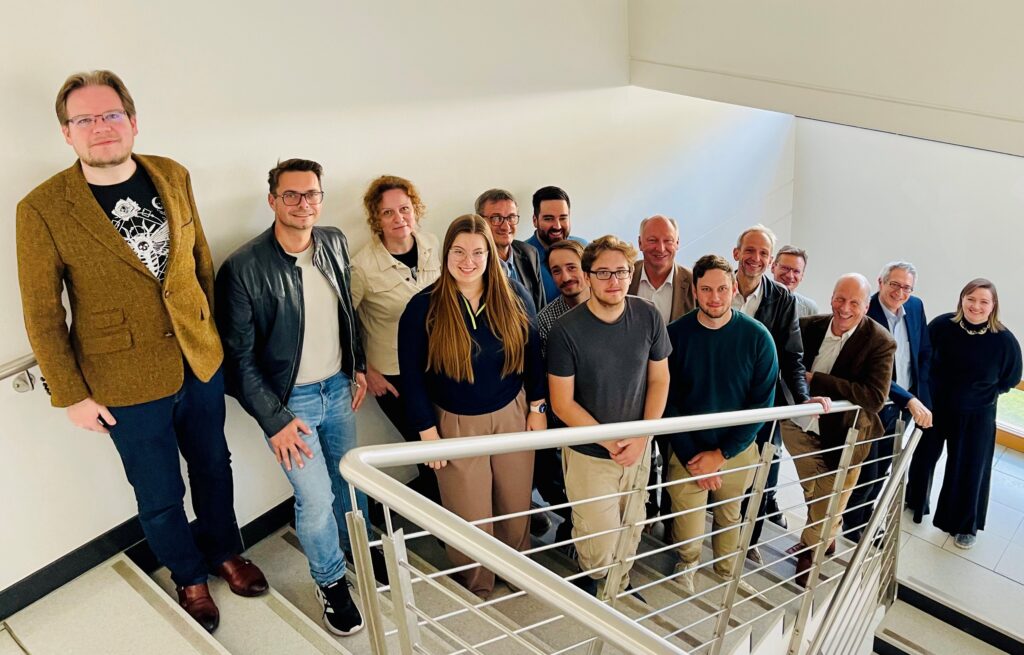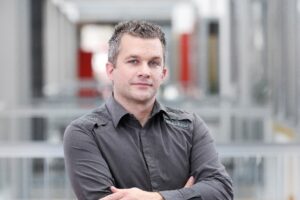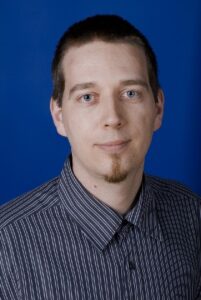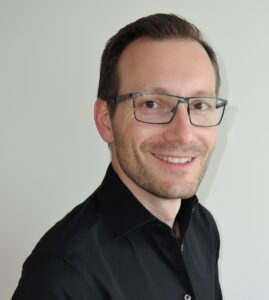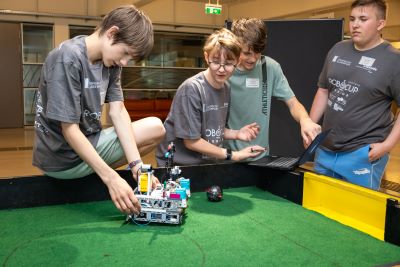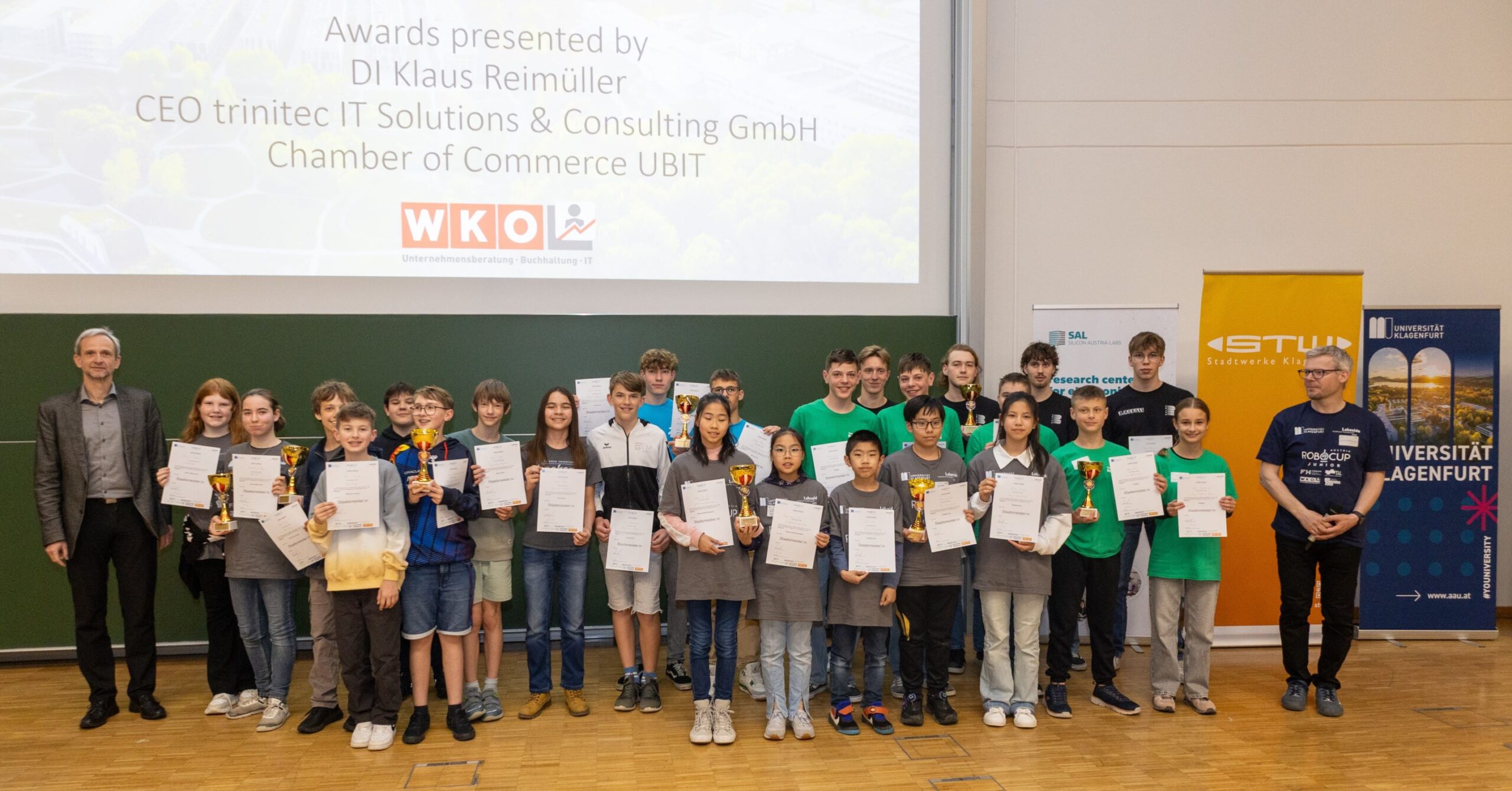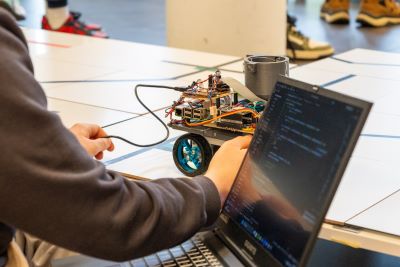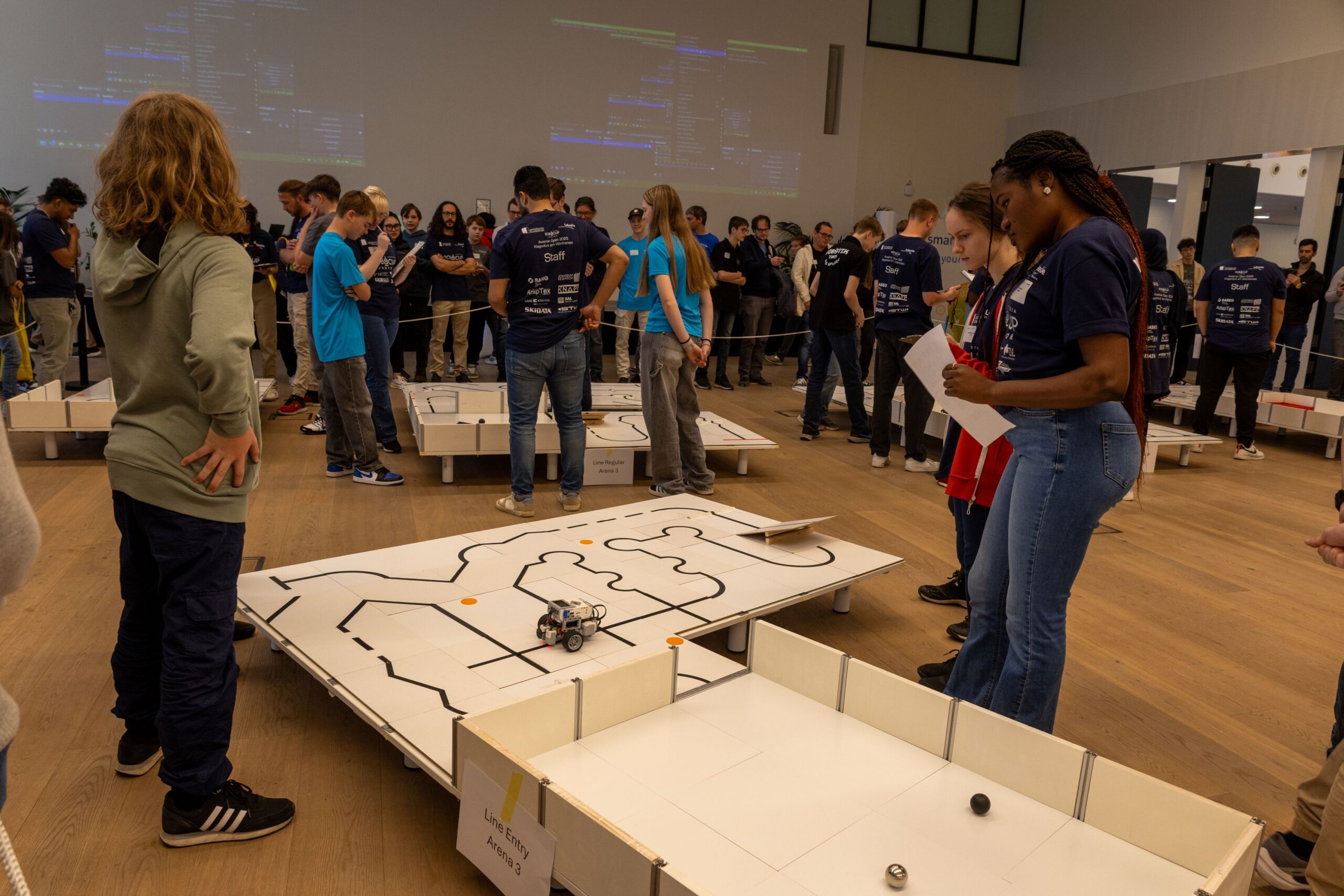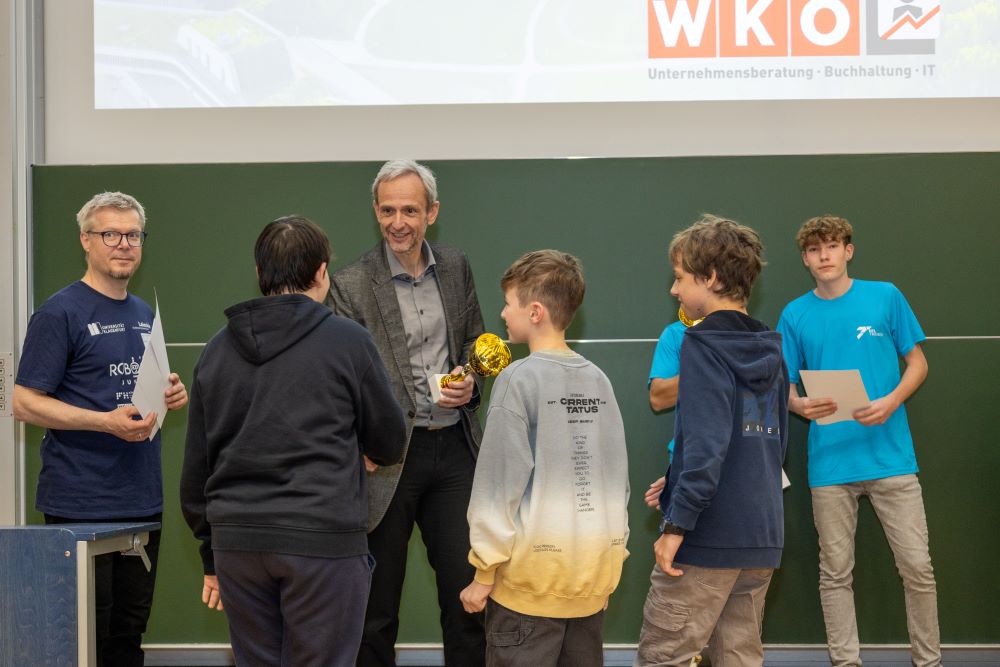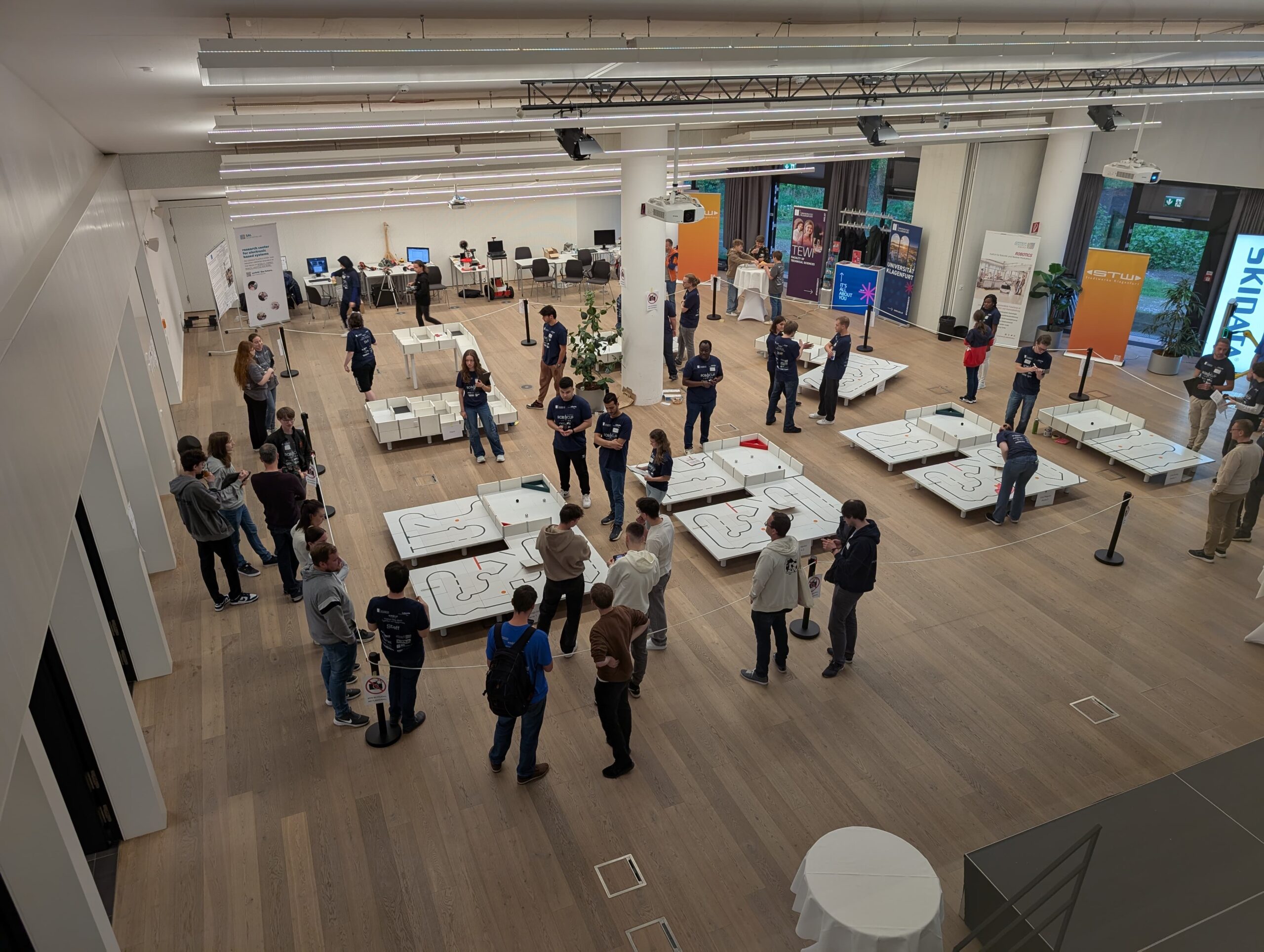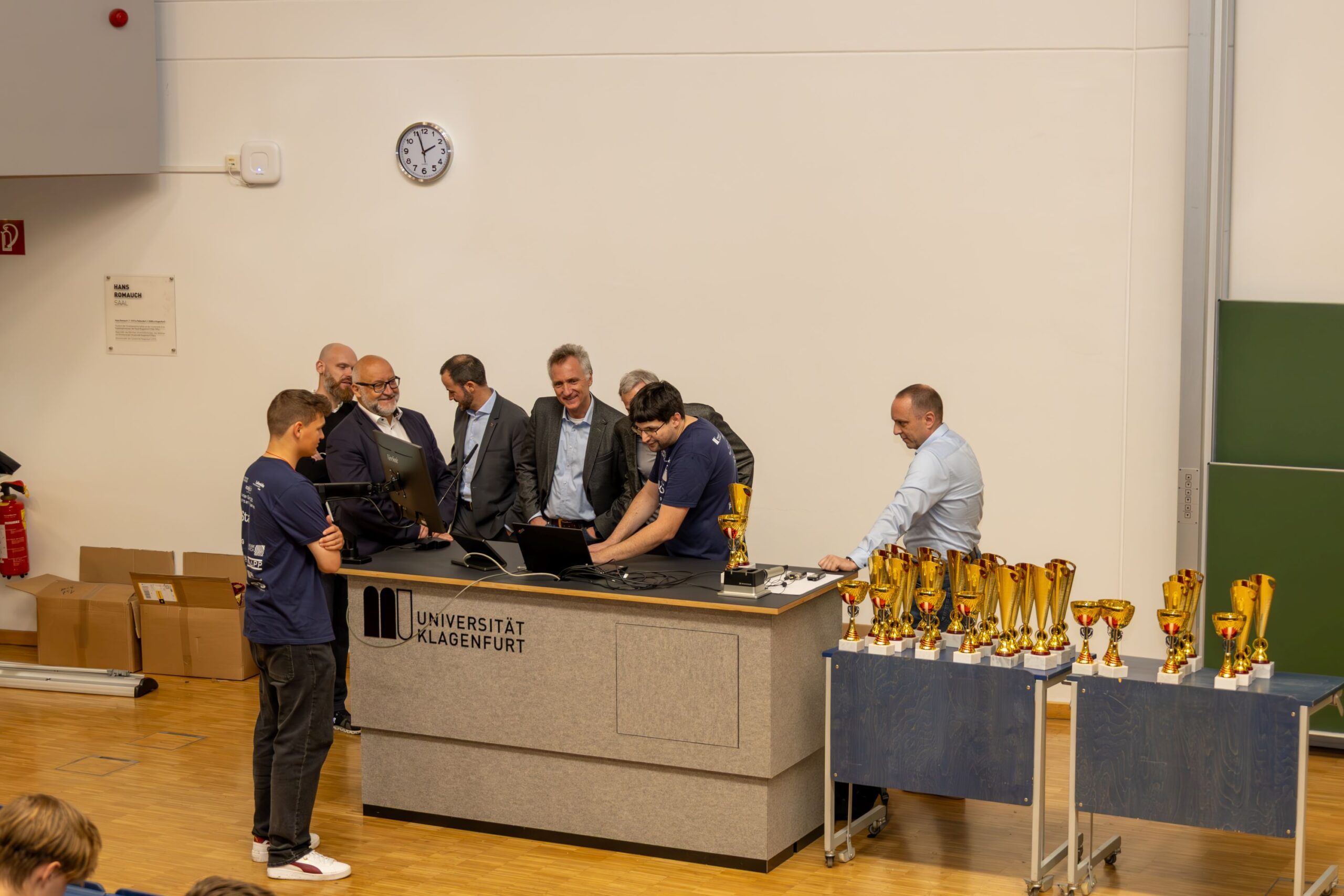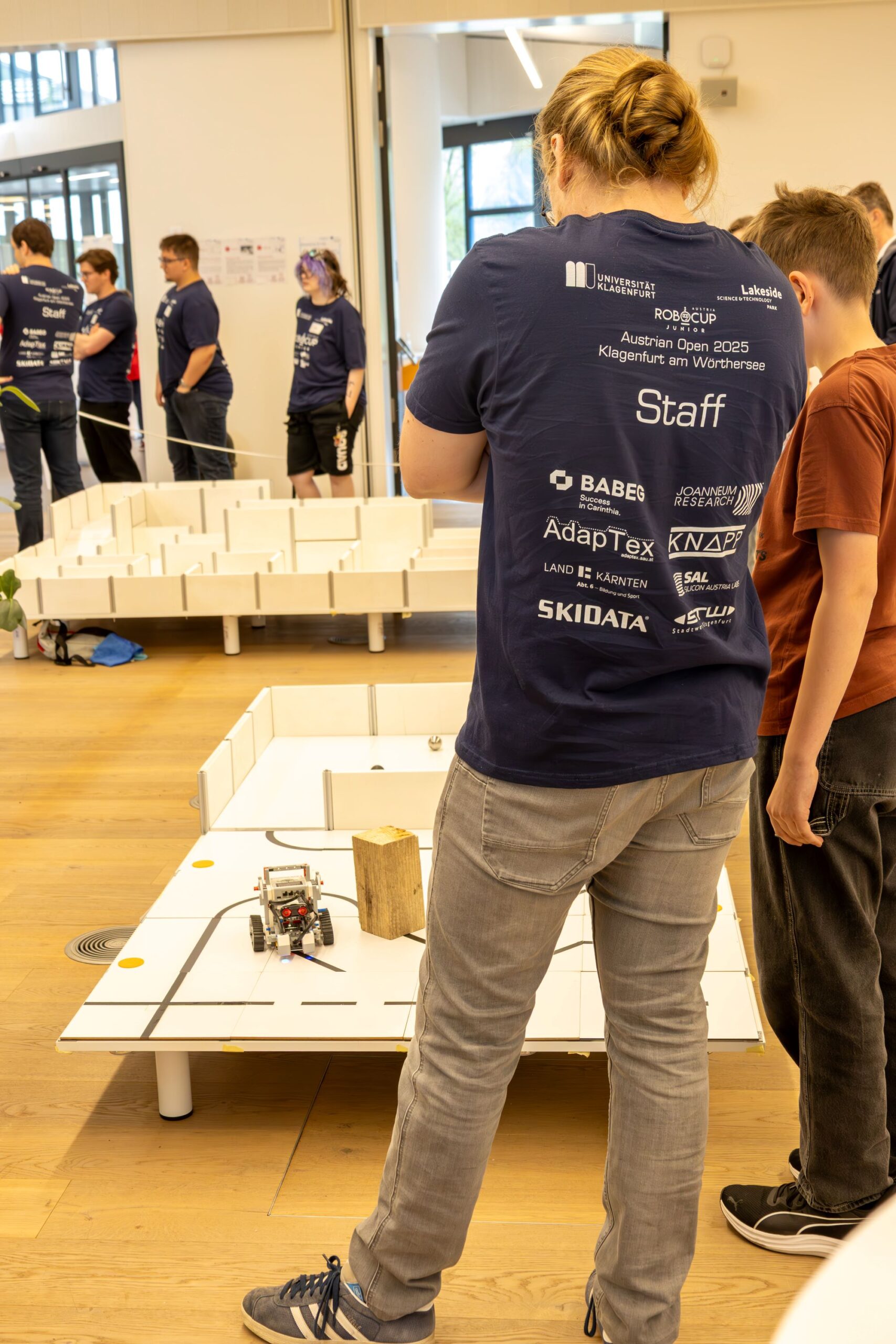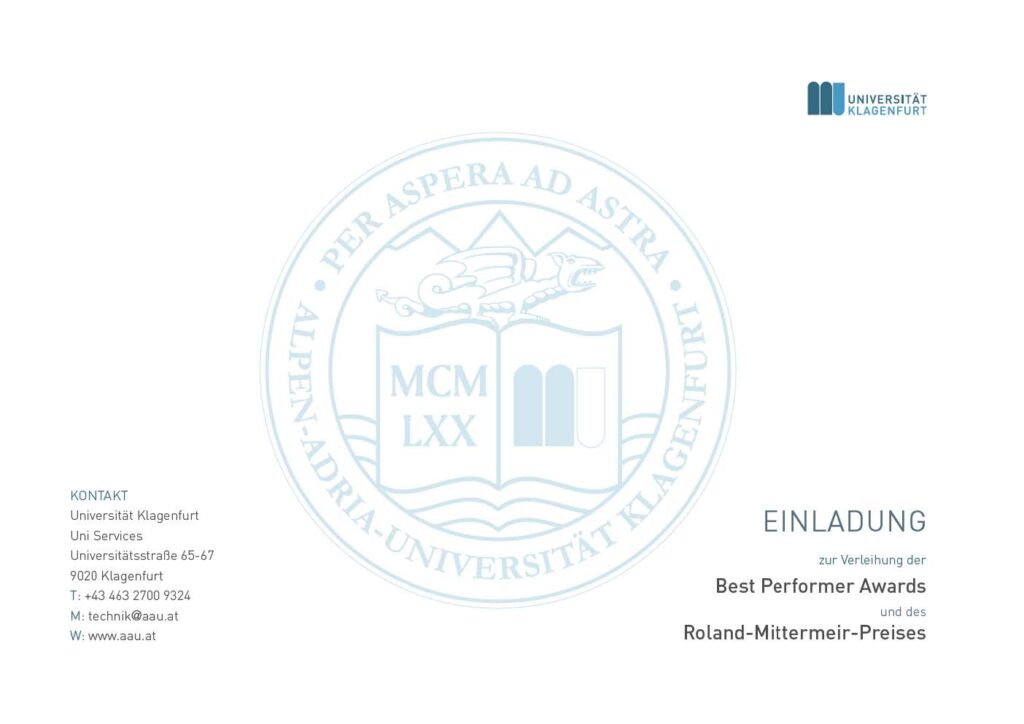The Colloqium is CANCELLED!
Prof. Tamer Khatib
University of Klagenfurt | An-Najah National University, Nablus, Palestine,
Thursday, June 26, 2025
Abstract: The Palestinian electricity grid faces significant challenges concerning ampacity limitations within its electrical network due to the current political situation. These limitations are particularly problematic during peak demand periods when the current demand exceeds the network’s capacity. Furthermore, shortages in electrical supply, exacerbated by regional and geopolitical factors, often strain the network, leading to inconsistent power availability in certain areas. In addition to ampacity limitations and supply shortages, the Palestinian electricity grid also grapples with the challenges associated with integrating new PV system installations into the grid. The current electrical infrastructure often lacks the capacity and flexibility to efficiently incorporate these new energy resources. This integration requires significant upgrades to the existing topology of the grid to be capable of handling bidirectional energy flows, especially as IEC does not accept reverse power flow at the injection points. Moreover, the intermittent nature of solar power necessitates the development of robust energy storage solutions to ensure stability and reliability. Thus, integrating renewable energy resources into electrical distribution networks necessitates using battery energy storage systems to manage intermittent energy generation, enhance grid reliability, and prevent reverse power flow. However, the intermittent energy generation from RE sources makes it necessary to have a battery energy storage system to control the supply, prevent reverse power flow, and enhance the grid’s voltage. Moreover, in some situations, BESS can support loads in the case that the main power supply cannot fulfill these loads. This lecture shows a real case of integrating battery energy storage systems into an electrical power distribution network with a capacity of 25 MVA/33 kV capacity with 7 MWp photovoltaic plants.
Bio: Tamer is a photovoltaic power systems professional. He holds a B.Sc. degree in electrical power systems from An-Najah National University, Palestine as well as a M.Sc. degree and a Ph.D degree in photovoltaic power systems from National University of Malaysia, Malaysia. In addition he holds Habilitation (the highest academic degree in  German speaking countries) in Renewable and sustainable energy from Alpen Adria Universitat, Klagenfurt, Austria. Currently he is a Full Professor of renewable energy at An-Najah National University. He is also the director of An-Najah Company for Consultancy and Technical Studies. So far, he has 2 patents, 4 books and 140 research articles, while his current h-index is 42. He has supervised 5 Ph.D researches, 19 master researches and 65 bachelor researches. He is a senior member of IEEE, IEEE Power and Energy Society, The International Solar Energy society, Jordanian Engineers Association, and International Association of Engineers. His research interests mainly fall in the scope of photovoltaic systems and solar energy fundamentals. These interests include PV systems design and optimization, modeling and control of PV systems, hybrid PV/Wind systems, hybrid PV/diesel systems, Grid connected PV systems, sun trackers, MPPT technology, inverters in PV system, solar chargers, batteries and charge controllers, solar energy fundamentals, solar energy prediction, AI applications for solar energy and PV systems, wind power systems, wind chargers, wind energy modeling and prediction.
German speaking countries) in Renewable and sustainable energy from Alpen Adria Universitat, Klagenfurt, Austria. Currently he is a Full Professor of renewable energy at An-Najah National University. He is also the director of An-Najah Company for Consultancy and Technical Studies. So far, he has 2 patents, 4 books and 140 research articles, while his current h-index is 42. He has supervised 5 Ph.D researches, 19 master researches and 65 bachelor researches. He is a senior member of IEEE, IEEE Power and Energy Society, The International Solar Energy society, Jordanian Engineers Association, and International Association of Engineers. His research interests mainly fall in the scope of photovoltaic systems and solar energy fundamentals. These interests include PV systems design and optimization, modeling and control of PV systems, hybrid PV/Wind systems, hybrid PV/diesel systems, Grid connected PV systems, sun trackers, MPPT technology, inverters in PV system, solar chargers, batteries and charge controllers, solar energy fundamentals, solar energy prediction, AI applications for solar energy and PV systems, wind power systems, wind chargers, wind energy modeling and prediction.


